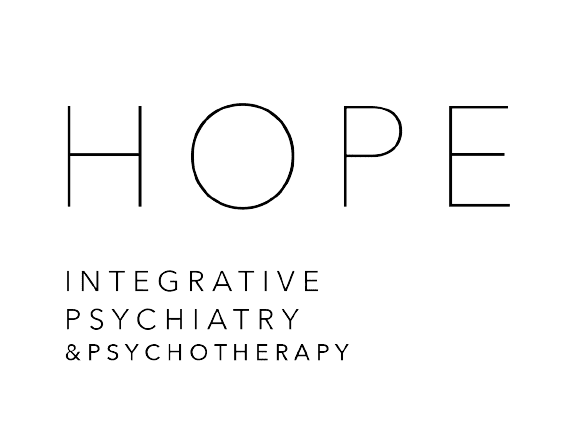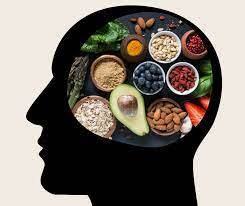In a world where stress, anxiety, and depression have become increasingly prevalent, the traditional approach to mental health care often falls short in addressing the complex interplay between emotional, physical, and mental well-being. Integrative psychiatry, a rapidly evolving field, offers a holistic and patient-centered approach that recognizes the intricate connections between these facets of human health.
By combining conventional psychiatric treatments with complementary and alternative therapies, integrative psychiatry holds the promise of promoting comprehensive mental well-being and empowering individuals to achieve balance and vitality in their lives and reduce the use of traditional psychotropic medications.
Emotional, Physical and Mental Well-Being
A Multidimensional Perspective
Integrative psychiatry operates on the principle that emotional, physical and mental well-being are interconnected and influence one another. Traditional psychiatric treatments, such as medication and psychotherapy, play a role, but they are often soft term and enhanced by incorporating a broader range of therapies.
These may include mindfulness meditation, social supports, yoga, acupuncture, nutritional interventions, herbal medicine, exercise, journaling, and more. By addressing the multiple dimensions of health, integrative psychiatry aims to treat the root causes of mental health issues rather than merely managing symptoms.
Mind-Body Connection
One of the cornerstones of integrative psychiatry is recognizing the profound mind-body connection. Research has shown that stress and emotional distress can have tangible impacts on physical health, manifesting as conditions like heart disease, gastrointestinal disorders, and autoimmune diseases.
Integrative psychiatry utilizes techniques such as meditation, EMDR, somatic experiencing, deep breathing exercises, and biofeedback to reduce stress and promote relaxation. By calming the mind, these practices can have a positive ripple effect on physical well-being.
Personalized Treatment Plans
Integrative psychiatry emphasizes individualized treatment plans that consider each person’s unique needs, preferences, and circumstances. By taking a patient-centered approach, practitioners of integrative psychiatry aim to co-create treatment strategies that align with the individual’s goals and values. This collaborative process fosters a sense of empowerment and ownership over one’s health journey, leading to increased adherence and improved outcomes.
Nutrition and Mental Health
The role of nutrition in mental health is gaining recognition, and integrative psychiatry embraces this relationship. Certain dietary patterns, rich in whole foods, omega-3 fatty acids, and antioxidants, have been associated with a lower risk of depression and anxiety. Integrative psychiatrists work with patients to develop dietary plans that support brain health and emotional well-being. Additionally, addressing potential nutrient deficiencies through supplements can complement conventional treatments and enhance overall mental resilience.
Holistic Psychiatry Therapies for Emotional Healing
Integrative psychiatry incorporates a wide array of holistic psychiatry therapies to foster emotional healing. Mindfulness-based practices and somatic experience therapy, such as meditation, yoga, and EMDR promote self-awareness, emotional regulation, and connection to bodies responses to negative thoughts/beliefs. Art therapy, music therapy, and dance therapy provide creative outlets for expressing and processing emotions. These approaches can complement traditional psychotherapy, enabling individuals to explore their emotions from different angles and achieve a deeper level of healing.
Empowering Self-Care and Prevention
Beyond treating mental health challenges, integrative psychiatry places a strong emphasis on proactive self-care and prevention. By educating individuals about stress management, healthy lifestyle choices, and early signs of mental distress, practitioners empower patients to take charge of their well-being. This proactive approach can reduce the risk of mental health issues and enhance overall resilience, helping individuals navigate life’s challenges with greater equanimity.
Integrative psychiatry emerges as a promising paradigm that recognizes the intricate connections between emotional, physical and mental well-being. By combining conventional treatments with holistic therapies, it offers a comprehensive approach to mental health care that empowers individuals to achieve balance and vitality in their lives.
Integrative psychiatry holds the potential to revolutionize how we approach mental health, fostering a new era of holistic well-being. Contact us today to schedule a time to meet with our caring psychiatrist.







